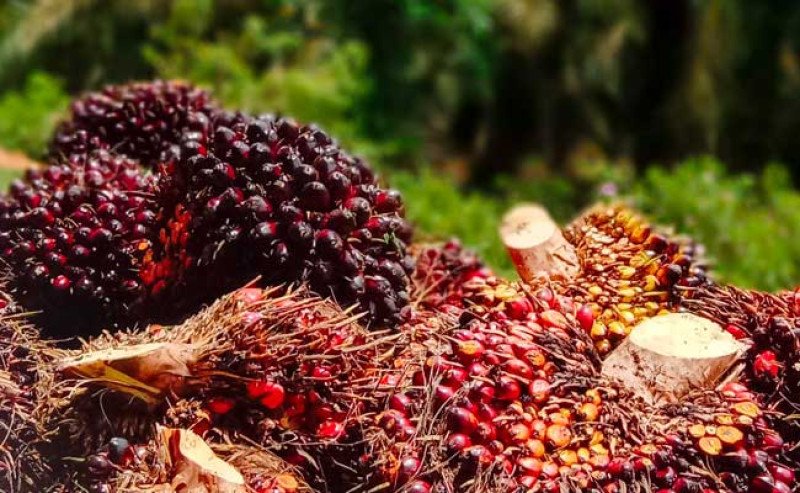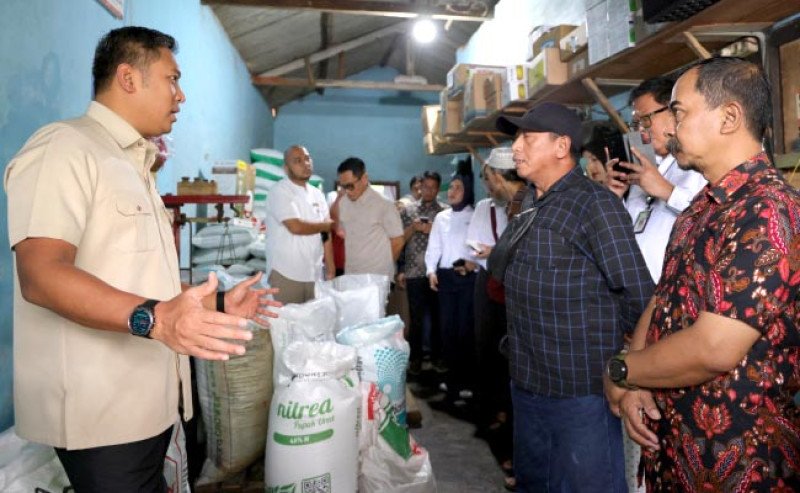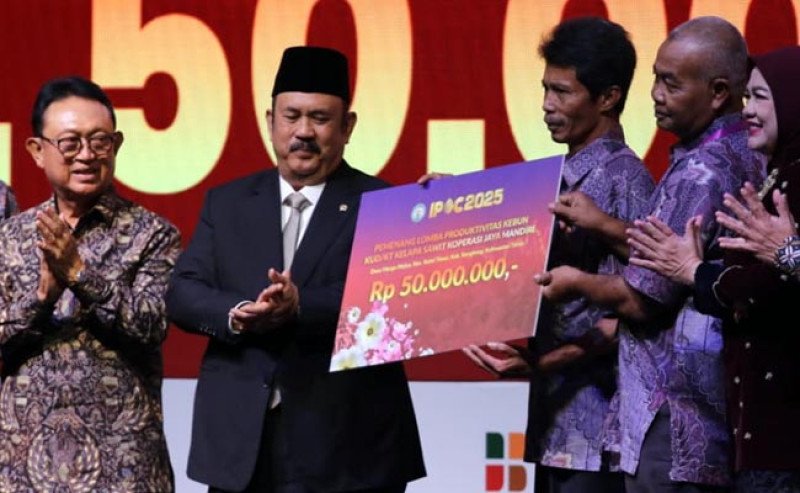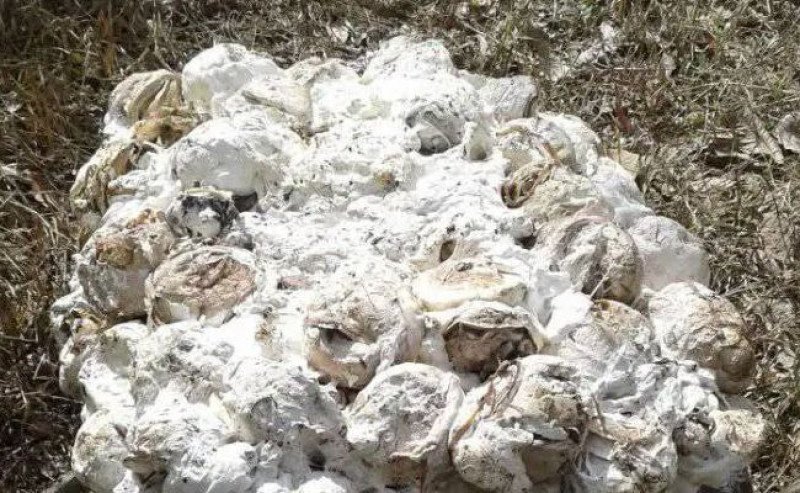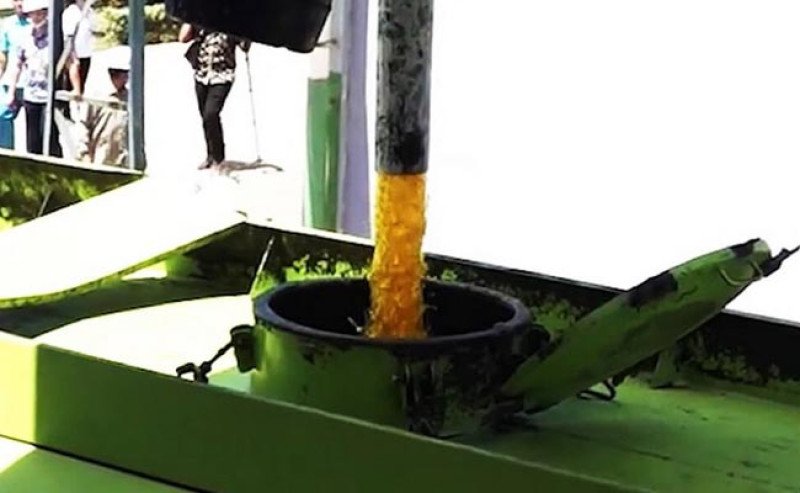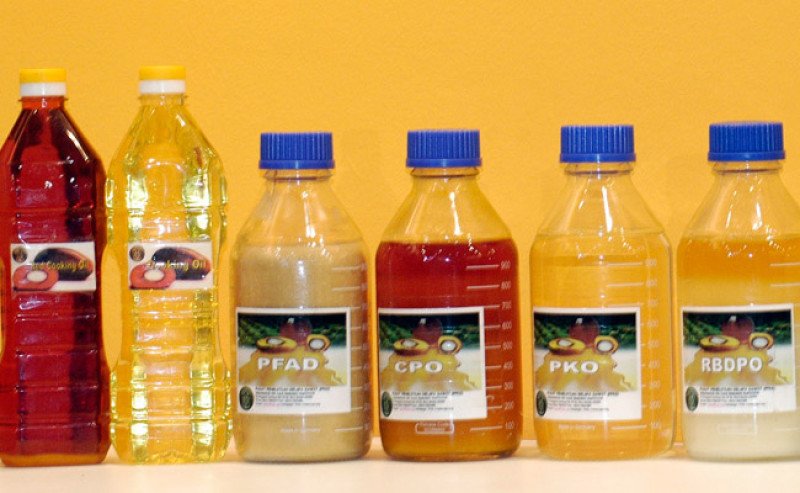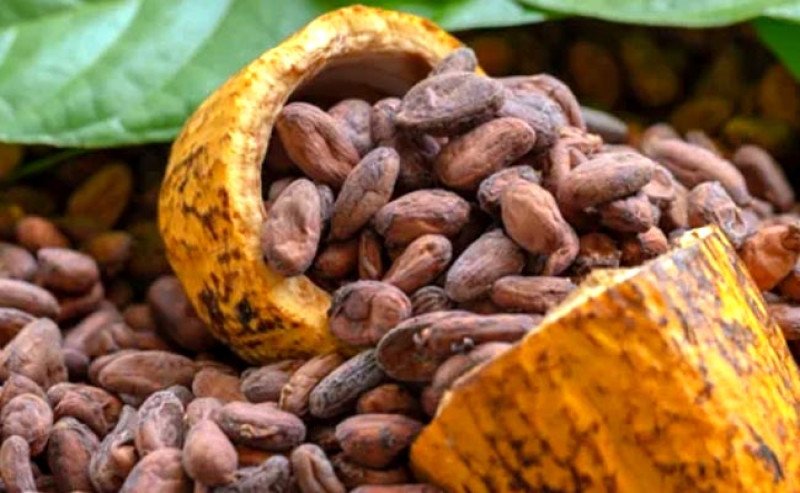Agricom.id, JAKARTA – Though the pandemic of corona virus (Covid-19) still hits, ministry of agriculture always commits to boost the employment in plantation to welfare the farmers in Indonesia.
In 2020 the employment (labor incentive) program is hoped to give chance to work for the citizens of Indonesia who are jobless or the people who need it (the middle class ones) namely the farmers/planters in this country.
“President Indonesia ordered to prioritize the employment by giving chance for those who are not capable of, who are jobless in the village by giving the work capital,” General Director of Plantation, General Directorate of Plantation, Ministry of Agriculture, Kasdi Subagyono said in Jakarta, Monday (13/4/2020) as in the official statement to Agricom.id.
He thought that his side does the best to face the impact of Covid-19 for the planters through the employment in the plantation sub sector.
“Ministry of agriculture through general directorate of plantation also plays the role to prevent the spread of Covid-19, such as, by giving vitamin, maskers, and immunity substance for the officers in the directorate and the planters,” he said.
He also mentioned that the directorate also provides the transportation to distribute the foods, namely sugar and cooking oil from the central production to other provinces where they are lack of the stocks. While the (market) operation keeps operating to fulfill 40 markets in Jakarta, Bogor, Depok, Tangerang, and Bekasi (Jabodetabek), and the markets in every province.
About the salary, he continued, his side would involve the planters to every activity which has budget in the National Budget in the directorate. “The salary would be given, namely to the provinces. The activity would cover the development, the nursery of seed source, the control of pest organism, the zero burning new planting, the replanting, the expansion, the rehabilitation, and the intensification,” he said.
He also mentioned that the daily salary (the freelancer) would be given based on the good agricultural practice (GAP) standards and the fund unit of the plantation,” he told.
He continued that in the future, ministry of agriculture would provide the seeds of kelapa genjah to 200 districts in Indonesia to be planted in the house yards. “The seed procurement of kelapa genjah would be 500.000 stems in 19 provinces or 200 districts/cities. The base of distribution would start from the family and based on the GAP.
“These could help the income of the planters to fulfill their daily needs and nurse their plantation and run the business,” he said.
He thought that besides providing employment, his side would coordinate to increase the export of plantation commodities in the future. (A2)


